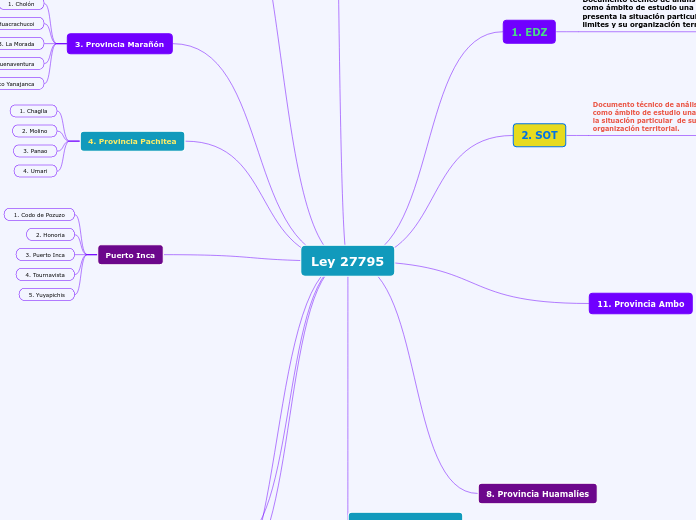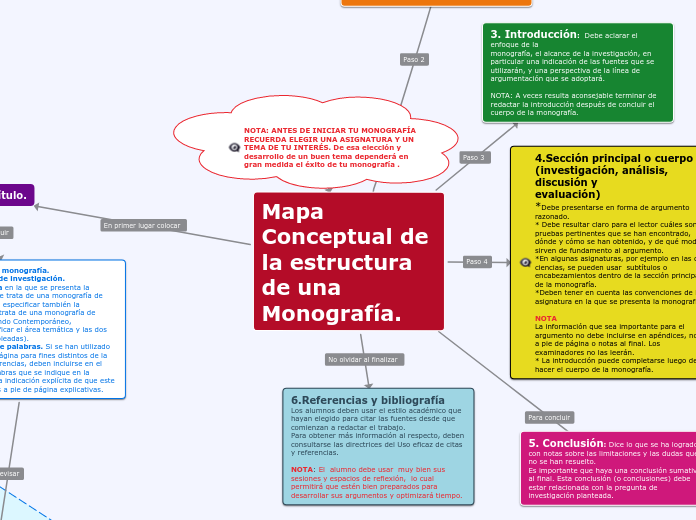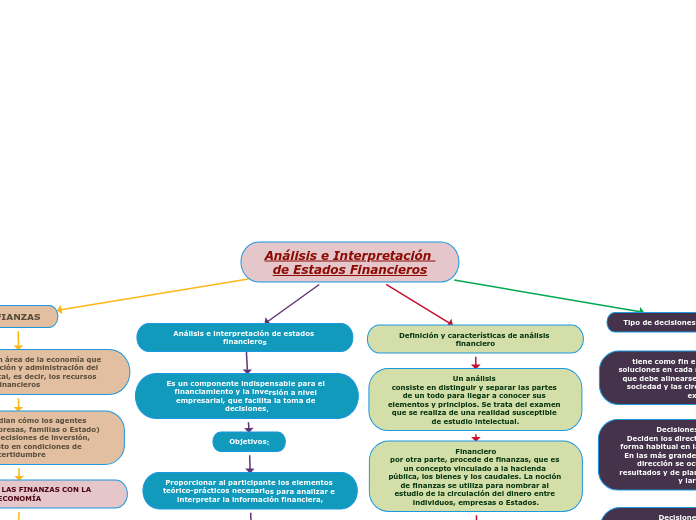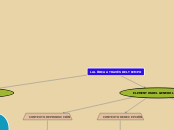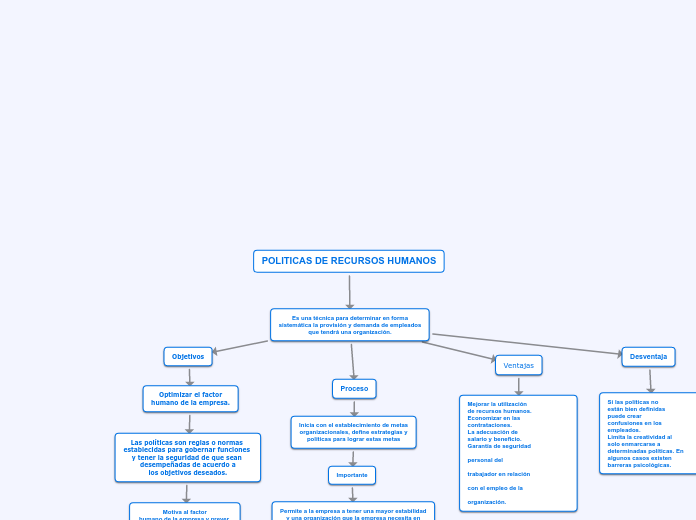по Ivan Albornoz 2 лет назад
208
SGAT23
El documento técnico aborda la situación específica de los límites y la organización territorial de varias provincias. Entre ellas se encuentran Huánuco, Huamalíes, Yarowilca, Puerto Inca, Pachitea, Dos de Mayo, Lauricocha, Leoncio Prado, Marañón, y Ambo.
